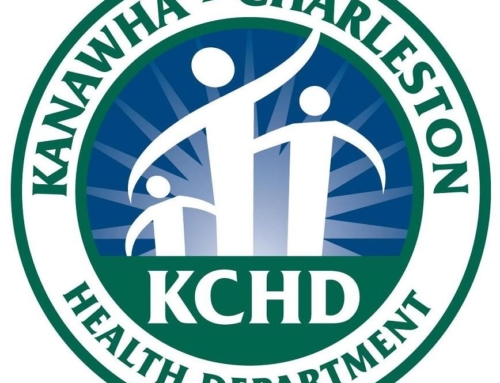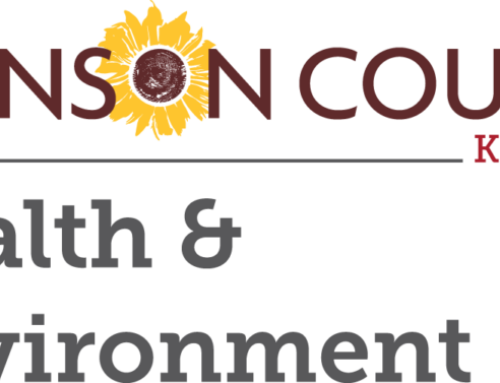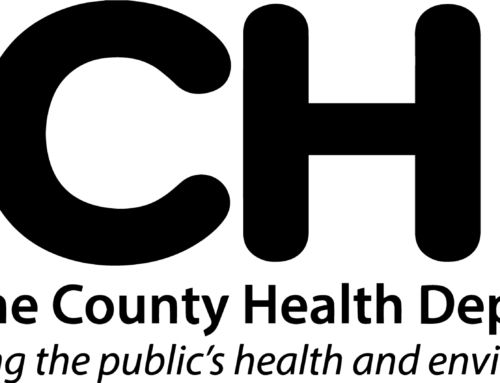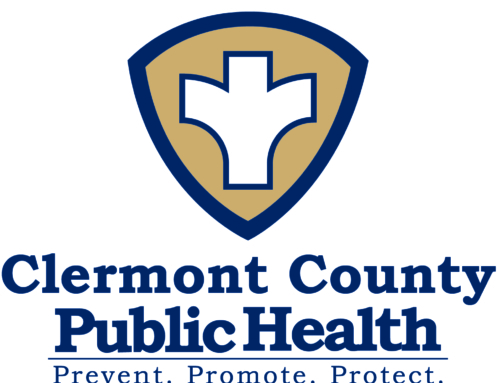Project Description
At Houston Department of Health & Human Services, Accreditation Drives Improvements in Cultural and Linguistic Competence
By Peter Stranges, Barb Sudhoff McGill, and Angelina Esparza
After a thorough self-assessment of accreditation readiness, the Houston Department of Health and Human Services in Houston, Texas, identified cultural and linguistic competence as one of the areas that required improvement in quality of services, which would further strengthen conformity with accreditation standards and measures. To that end the health department developed a Cultural and Linguistic Competency (CLC) initiative to enhance compliance with public health accreditation standards, ensure adherence to federal guidelines, promote cultural sensitivity and competency, and provide Houston’s diverse populations with greater access to health department services. The five components of the CLC initiative are:
— Accreditation: incorporation of national accreditation (PHAB and CLAS) and practice requirement standards
— Communications and training: advance awareness and understanding
— Cultural events: foster cross-cultural dialogue and awareness through educational events
— Workforce diversity and inclusion: assist in implementing organizational system policies and practices.
— Language access: translation of essential publish health documents and providing remote video interpretation
Video Remote Interpretation Initiative
Under the umbrella of the CLC, and to meet the linguistic and cultural needs of Houston’s increasingly diverse residents, the health department is currently implementing Language Line Video Interpretation support across the department’s myriad health and social service programs. Language Line Video, which is very similar to using Skype or Facetime, allows all direct service staff to have access to a certified medical interpreter in over 200 languages via a health department-issued laptop, tablet or smart phone.
Health department staff who have backgrounds in immigrant and refugee work—and have either used or been professional interpreters in health and human service settings–are currently providing health department programs with a contextualized demo of the Language Line Video interpretation application and best practices in using interpreters. To date, the department’s Consumer Health, Epidemiology, Bureau of Oral Health, WIC, Nurse Family Partnership, and Multi-Service Centers have been trained in the effective use of video interpreters. Health department staff have also provided the City of Houston’s Office of Emergency Management, Houston Police Department, Metro, and Bureau of Animal Control with a demonstration of using video interpretation during a simulated mandatory evacuation.
Culturally and Linguistically Appropriate Zika Services
The Houston Department of Health and Human Services has developed a partnership with Houston’s five major refugee resettlement organizations — Alliance for Multicultural Community Services, Catholic Charities, Interfaith Ministries, Refugee Services of Texas, and YMCA — to provide outreach/education services to immigrants/refugees. With technical assistance from the health department, each agency is currently integrating Zika education and prevention activities into their service delivery modalities. During home visits to their clients, refugee resettlement case managers conduct environmental assessments for mosquito breeding grounds, helping clients address minor home repairs (screens/gutters/debris in yard) that may be potential mosquito breeding sites. They also refer pregnant women for OB/GYN services when appropriate, and educate their clients from across the globe on mosquito-borne disease during cultural orientation sessions, intake/assessment meetings, immigration workshops, and job fairs. Houston’s refugee resettlement agencies are also on stand-by to support the health department’s field response efforts in event of local transmission of Zika in Houston. Since December 2017, refugee resettlement agencies have:
— Conducted 1,275 one-on-one Zika session
— Held 127 group workshops
— Provided 2,513 refugees and immigrants with Zika education/prevention services
— Conducted activities in Arabic, Burmese, Dari, Pashto, Spanish, French, Swahili, and Nepali
To ensure that the agencies meet the diverse linguistic needs of their clients, the health department has translated its “3D Zika Defense” messaging campaign materials into Burmese, French, and Swahili. As a result, the health department’s Zika materials are now available in 9 languages.
⇒ Through the implementation of the CLC initiative, we are:
- Building capacity and providing professional development opportunities to our staff.
- Building partnerships with city organizations that have an expertise in providing culturally and linguistically appropriate services to immigrants and refugees
- Equipping employees with the technology and technical expertise required to serve Houston’s diverse populations effectively
- Serving as a model for other City of Houston Departments that wish to enhance their services to Houston’s Limited English Proficient populations
- Establishing a best practice for working with community partners to integrate public health messaging into services to Limited English Proficient populations. This model can be replicated for any emerging, contagious disease, natural or man-made disaster, or other event of public health consequence.
Houston Department of Health and Human Services in Houston, Texas, was awarded national accreditation through the Public Health Accreditation Board on December 9, 2014. Contact the authors at [email protected].




